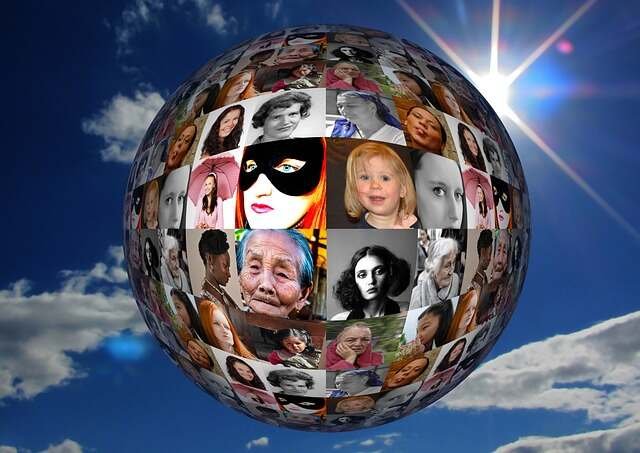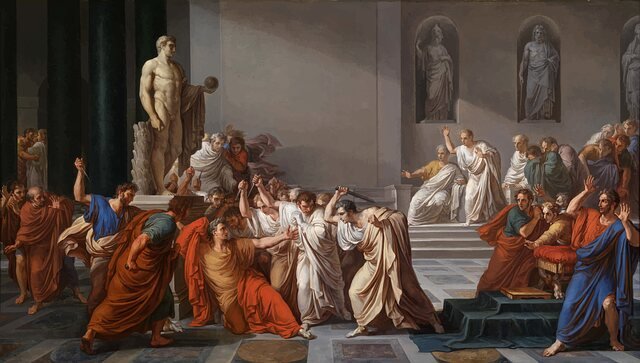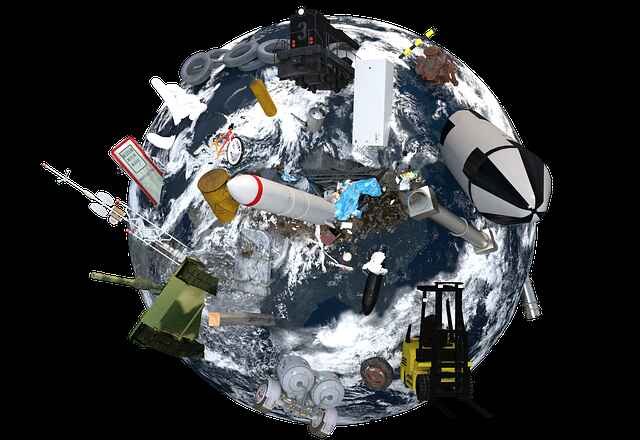The Political Elites
Political elites refer to the minority of those who lead or exercise power to influence public affairs. The term can have a misleading meaning since it suggests that it is the best who hold decision-making positions. In reality, political elites are often the product of social reproduction and only those who have already substantial economic, social and cultural means can access this status.
It is possible to suspect the political elite of sharing interests specific to the privileged categories from which it mainly comes. The fact remains that the increase in the technicality of public action is increasingly leading leaders to seek the opinion of personalities from civil society (association leaders, experts, scientists, etc.), which calls for qualifying the the thesis of the homogeneity of political elites.
1. The elitist and pluralist approaches oppose each other on the question of the homogeneity or heterogeneity of the ruling class.
In Elementi di Scienze politica (1896), Gaetano Mosca uses the term “ruling political class” to describe the minority that holds power in a society. According to him, “in all societies, from the least developed and civilized to the most advanced and powerful, there appear two classes of people – a ruling class and a ruling class. The first, always the least numerous, assumes all political functions, monopolizes power and enjoys the advantages it entails, while the second, the most numerous, is directed and controlled by the first, sometimes more or less legal, sometimes more or less arbitrary and violent”.
This minority, organized and conscious, forms a social class. It is therefore marked by a community of thought, of interests, of culture, of kinship, of economic power. It imposes its values and its principle of legitimacy on the majority. However, this elite remains stratified: in the center is a core leader (“the senior leaders”) more powerful than the others (“the secondary leaders”). It is this core that provides cohesion and strength as well as commanding the whole.
2/ The sociology of the elites shows that the ruling categories come overwhelmingly from privileged social backgrounds, but that they cannot, in a democracy, govern alone.
From a more sociological point of view, studies show that the elites are very largely from privileged backgrounds. The manifest inequality of access to elective functions according to social background leads to the introduction of a gap between the representatives of the people and society.
Some people speak of a “state nobility” to designate the phenomenon of reproduction of the ruling elite through the increasingly pressing need to obtain a degree leading to positions of power.
Countries that hate each other the most | Exploring the Most Tense International Rivalries
The elites or the power elite?
Today, the elite ends up designating the occupation of an enviable position. “The elites” in the plural, is an expression constructed by contemporary sociology to explain the political transformations of societies developed from a non-Marxist perspective. The use of the syntagm “elites” “makes it possible to embrace, under a more abstract concept, the various types of leading or dominant groups which have succeeded one another and whose dated names have changed over the course of the regimes. [Above all, it recalls] the plural form of groups in struggle in the field of power and their constantly contested legitimacy»
By Marxist
The Marxist thesis sheds some light on the analysis of power situations in society. It is a reading based on an economic analysis, which denies the specificity of politics. The fact of holding the levers of the economic machine gives the class that holds it access to political power (in the sense of control of the state apparatus). The state cannot be an arbiter, it is only a means of political domination in the hands of the holders of economic power. Economic power is concentrated in the hands of a small number of families who own the means of production, and inherit these means and political power. The power belongs only in appearance to the elected officials, in reality it is in the hands of the business circles. All the social, economic and political hierarchies merge into a single class which, thanks to the control of the state apparatus, exploits the rest of the nation and derives from this exploitation not only material benefit but also honors and privileges.
It is against this grid that the theme of the elites was constructed. In particular, the work of Vilfredo Pareto (Treaty of General Sociology, 1917) will refute this Marxist analysis. The two postulates of Marxist reasoning (the economy governs the relations of social classes, the ideology of a society is that of its dominant class) are disputed by Pareto. He affirms that the economy does not govern the relations of social classes; he himself came to sociology precisely because economics does not explain everything… economic facts themselves cannot be explained solely on the basis of economics.
Read also: Social Stratification | Types, Challenges, Politics and Sociological Point of View
By Pareto
Pareto develops the thesis of mutual dependence: he constructs an original grid to explain how psychological mechanisms will explain social realities. For him the problem of the circulation of elites cannot be reduced to a simplified class struggle. What counts above all is a set of pre-existing patterns: the instinct of combination (the ability to adapt) and the persistence of the aggregates (the fact of being dependent on the past).
Vilfredo Pareto’s analysis is socio-characterological, and owes little to the economic grid. Pareto is convinced that there is circulation, in any society, from one class to another (more or less slow) which promotes social mobility. For Pareto all societies are elitist; only the style can vary: “the elites, whether they use trickery or violence, have no other end than to perpetuate their domination”. Parliamentary democracy itself is only a characteristic ruse of what he calls “Plutocracy Demagogy”.
We can also situate in this register the analysis of power situations in the United States (C. Wright-Mills, The Power Elite). For the author there is a single elite, which has the particularity of controlling the three institutions that dominate the state and society (by circulating between them): the political, the military and the economic. The individuals who run these institutions form what he calls “the triangle of power”. They concentrate decision-making power specific to their area of national importance and thus hold a certain power of influence on society.
Political Elites | Who are they? | The elites or the power elite?
Sources: PinterPandai, European Consortium for Political Research. The ECPR is a charitable incorporated organisation (CIO), Informa UK Limited



